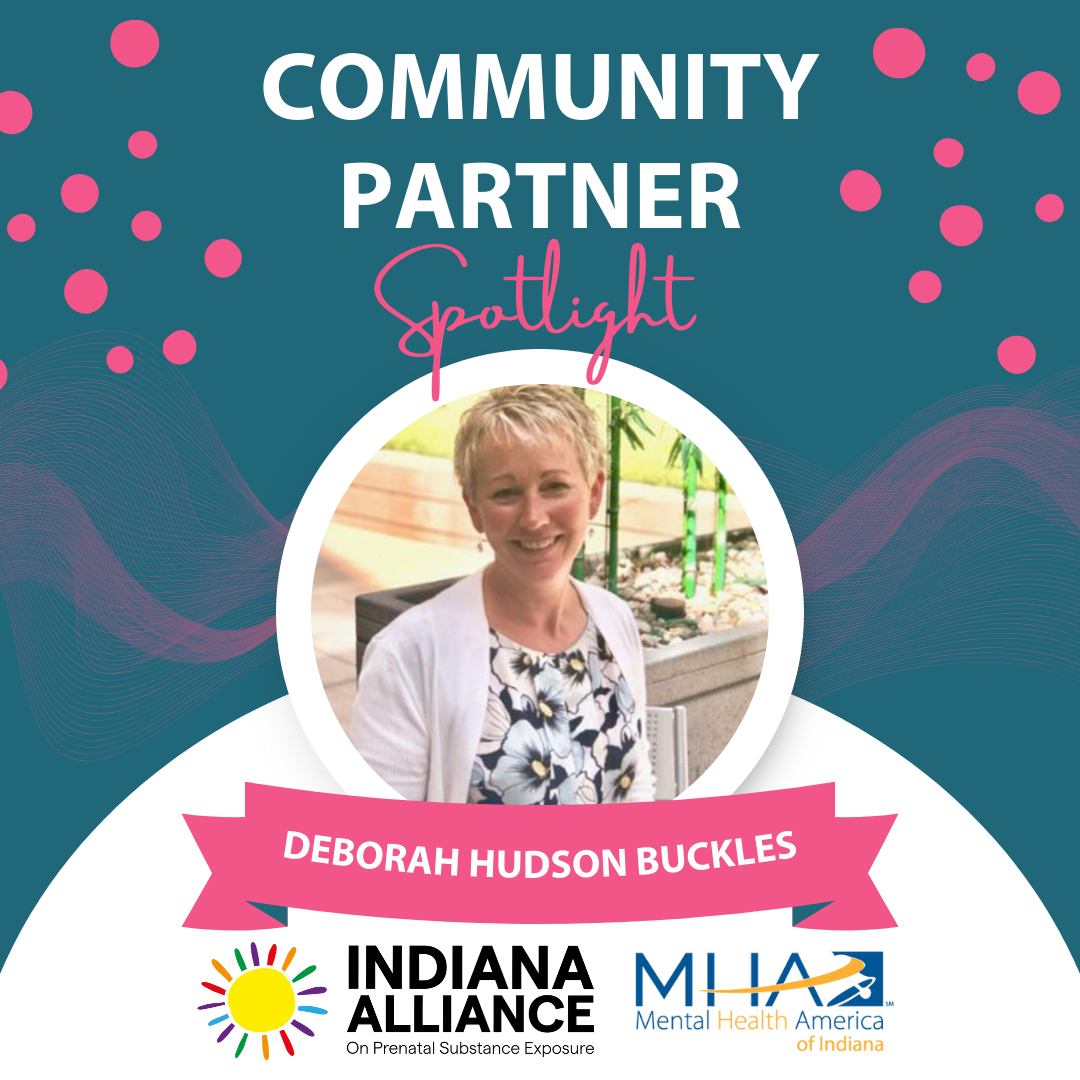It’s late afternoon, and the shadows from a stand of trees across the street seem to surge across the soccer field.
The team on the field, the North Suburban Special Olympics’ Kit Kats, has broken into two groups and the men and women in each group have formed a circle. Each circle has a scuffed-up gold-colored ball that picks up the light from the lowering sun and glows.
The point in each circle is to pass the ball around and keep it away from the player in the middle. In one group, the person in the middle is Cindy Bentley, who whoops and hollers as she pursues the ball.
It’s chilly and Cindy is wearing a couple of layers of sweats. The way she laughs, the unthrottled quality of her joy, you wouldn’t guess that, beneath those sweats, scars cover her torso and arms.
When Cindy was in high school, kids in her swim class wouldn’t get in the pool with her. They didn’t want to be in the same water as her scars.
The way Cindy got those scars, it’s terrible. She was 2 and a deranged foster mother set her clothes on fire. Cindy was in the hospital for months. Skin grafts. Surgeries.
Cindy never knew her father and hardly knew her mother, an alcoholic and a drug addict. Cindy was born with fetal alcohol syndrome and has physical and mental disabilities. Her mother went to prison. Cindy went to foster care.
She was a handful.
“I was angry,” she says.
“My mother took drugs. My mother drank. I was an innocent child in her womb. I didn’t ask to have this disability.”
Cindy was institutionalized when she was 8, and she remained institutionalized until her mid-20s. She says she would likely still be institutionalized — in prison — had she not discovered sports.
Specifically, Special Olympics.
“Special Olympics changed my life,” she says.
“Not only did it make me happy, it made me a person.”
Milwaukee has produced more than few great athletes, though not many come close to Cindy’s extraordinary career.
At 12, Cindy won her first two gold medals at the International Special Olympics Summer Games in Chicago. Over the years, she would win many more, competing in an astounding variety of events: soccer, basketball, volleyball, track and field, bowling, bocce and tennis.
In 1991, when she was 34, she was named Special Olympics International Female Athlete of the Year. In the early 2000s, she traveled the world as a Special Olympics ambassador. In 2001, she lighted the Special Olympics torch at the beginning of its journey from Greece to Alaska.
Cindy gives her medals away to people she admires or who need her support. She’s tucked them into the caskets of women who, like her mother, failed in their struggle against addiction. She’s hung one around the neck of President George W. Bush.
She lives independently (well, not counting her two cats), although she does have caretaker support. She is the executive director of People First Wisconsin, a self-advocacy group for people with disabilities. She meets quarterly with the Governor’s Office. Earlier this spring, Cindy was in Fond du Lac, opening a new chapter of People First.
In his poem “To An Athlete Dying Young,” A. E. Housman comments on the fleeting nature of glory, praising a young man who, in death, has avoided joining “Runners whom renown outran/And the name died before the man.”
Cindy turned 60 in October.
And what has made her a great athlete is still great.
Her greatness is her grit, which remains undiminished as she runs, laughing, over the shadows that lengthen across her field of play.
Credit / Sources
This article was written by Crocker Stephenson of the Milwaukee Journal Sentinel. It originally appeared on the Milwaukee Journal Sentinel website.







